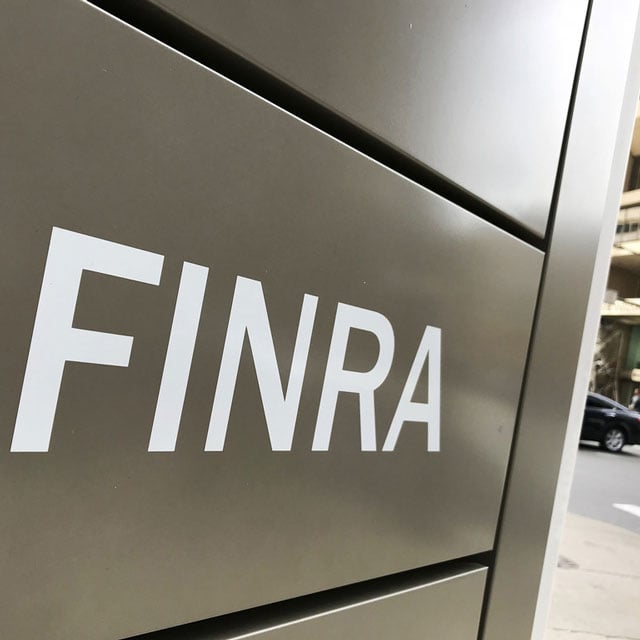SEC OKs New FINRA Rules for Home Offices, Remote Inspections

Under Rule 3110, FINRA requires its member firms to inspect:
Offices of supervisory jurisdiction and non-OSJ branches that supervise non-branch locations at least annually
Non-supervising branch offices at least every three years
Non-branch offices periodically.
Residential Supervisory Location
In July, FINRA filed to amend its Residential Supervisory Location plan to include more stringent eligibility criteria.
FINRA filed on July 3 rule changes with the SEC to amend Rule 3110 to:
Adjust the location ineligibility criteria pertaining to an associated person with less than one year of supervisory experience to also be satisfied by experience at a member firm’s affiliate or subsidiary that is registered as a broker-dealer or investment adviser;
Clarify the scope of the location ineligibility criteria pertaining to an associated person who is the subject of an investigation or proceeding by a regulator relating to an allegation of a failure to supervise by defining these terms as they are defined on Form U4 (Uniform Application for Securities Industry Registration or Transfer Registration) and address the applicability of the proposed exclusion when an investigation has remained pending for a period of time; and
Require a firm to conduct and document a risk assessment for each office or location before designating such office or location as a Residential Supervisory Location (or “RSL”), including a non-exhaustive list of factors to consider as part of that risk assessment.
On March 31, FINRA refiled with the SEC a revamped plan to make changes to FINRA Rule 3110 to allow a home office to be considered a non-branch “residential supervisory location” under certain conditions. The revised plan tightened eligibility rules.
A “refreshed” Remote Inspections Pilot proposal was filed with the SEC on April 14.
Under the plan, “an office or location at which an associated person is engaged in proprietary trades, including the incidental crossing of customer orders, or the direct supervision of such activities, would be excluded,” FINRA explains.




